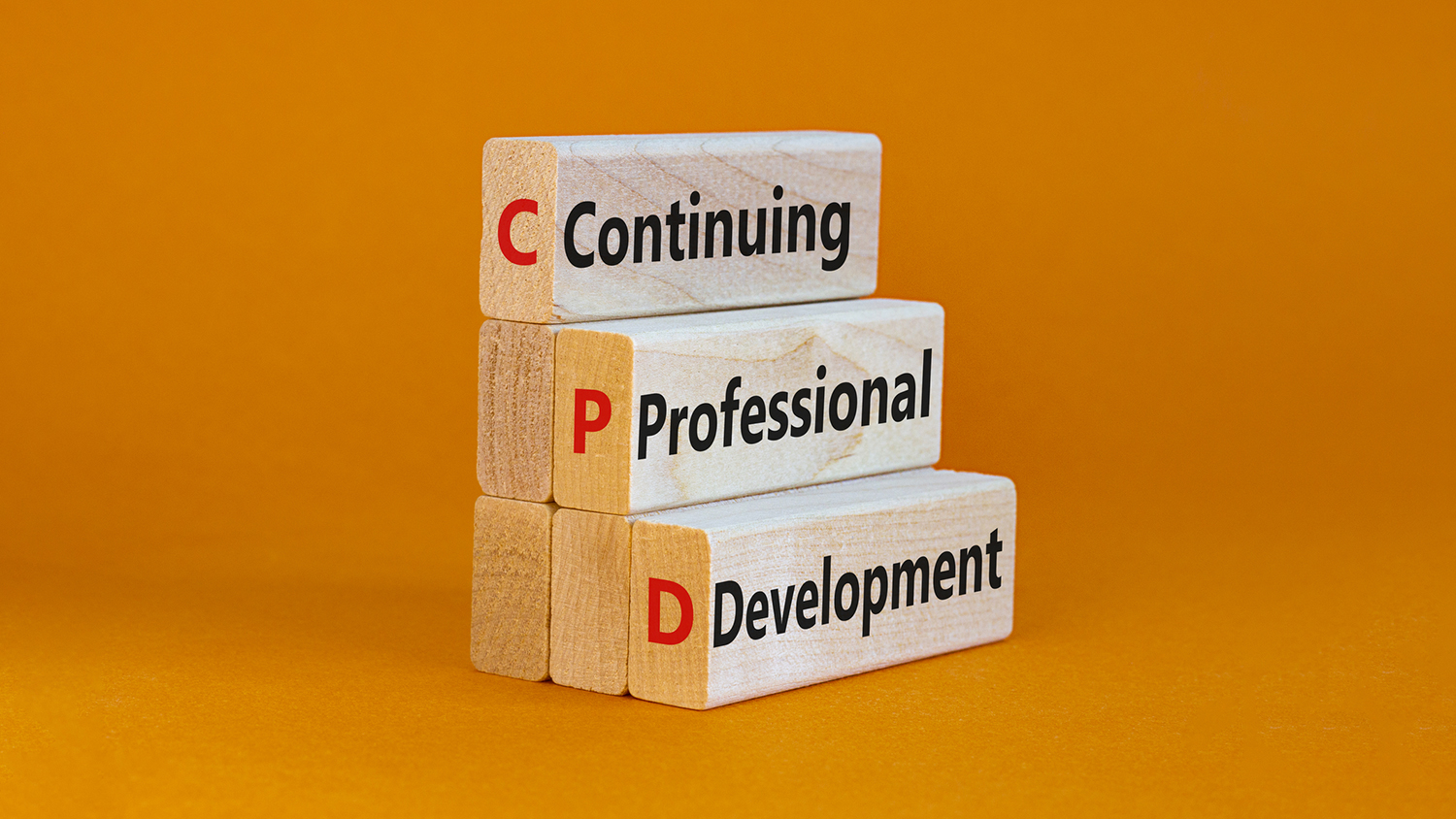
Recently I read the story of a law school graduate who was so neck deep in debt that he was not considering involvement in any status signifier (buying cars, renting an apartment, going on a date, getting married, owning a house etc.) for as much as 25 years into his future. All he cared about was how to repay his debt so he could “get his life back” as he put it. This guy was bitter, frustrated, angry and almost becoming pessimistic. Do you know the sad part? He was in his mid-twenties.
Let us try and picture his pre-law school years. Do you think he could ever have imagined himself ending up where he was at the time of that interview? Not in a million years. Back then he was most probably a fine, ambitious, starry-eyed young man with all his dreams and hopes embodied in a Law degree certificate. He could never have thought of living a life below his projections.
Sadly, his situation reflects the current status of many lawyers, fresh, middle aged or old. Irrespective of age, legal clout, status or legal experience, you will agree with me that financial problems are things that even lawyers battle with.
Let me show you a little more, how serious and global this issue is. A recent survey of top law firms in the United Kingdom by accountants Baker Tilly returned the shocking fact that as much as 30 percent of these firms may declare bankrupt within a year, with the rates of debt inspired suicides on the rise among previously successful lawyers and law firm CEOs. You see? The situation is not “Nigerian” by any means.
What then are your chances of financial survival in such a climate as we find ourselves today? Let’s share a few thoughts.
Plan your finances ahead and stick to the plan: The importance of planning ahead cannot be overemphasized, especially in this time of global economic mishaps. You need to get serious with a serious plan for your money. Take it personal. Do not just plan for what you want to make, but also include a plan for how you want to spend it. This plan should motivate you to work hard to at least realize your projection if you cannot exceed it, and you should be disciplined enough to follow through on your plan. Stick to it like postage stamp.
Cut down on irrelevancies: You need to sit by yourself and do a simple assignment. Calculate the volume of cash you spend on things you could have done without, I bet you will be amazed, if not alarmed at the sheer amount. You should ask yourself critical questions before you reach for your wallet. Ask questions like “What am I spending on, necessity or luxury? Can I afford to do without it? Is there an alternative way of meeting this need?” Reach for your wallet as a last resort. Spend only on what is extremely important.
Monitor your cash flow: This aspect tends towards financial prudence. You need to understand two things about cash: One, cash is king. You need it to keep many things running. Two, cash is fleeting. If not properly “tied down”, Cash can be surprisingly fleet-footed. As profits improve, don’t assume that it will keep on doing so. The best time to prepare for war is during peace. The cripple who will escape an imminent war without any hurt must have fine-tuned and executed his getaway plan long before hand. Direct your cash flow more towards saving and investment than spending. Leave the stage of practicing law for money. Get more out of law. I know you love law. Practice law because you love it. Develop an astute interest in making your money work for you, while you can focus on representing your clients and getting satisfaction therefrom.
Invest more, lavish less: Many lawyers have their heads in the clouds. Get out of the clouds. Get personal with reality, your reality. Don’t assume you are who you are not, at least not yet. Don’t ever fall into the category of lawyers who choose “the best suit” over “a good suit”, or “that shiny posh suede pair of shoes” over “that durable, high quality and fashionable pair of shoes”. Understand that you can look good without overspending. You also need to understand that high grade doesn’t always translate to high quality. The extra money you will need to get that pair of shoes or that classy suit can be saved or invested.
Phew! I believe there’s a lot more to this subject, because knowledge is dynamic and dimensionless. Applying these principles will assist in getting you back in the driving seat of your finances, no doubt.
Have you benefitted from this? Or you have more insights to share? Let’s hear from you. Drop your comments.
Join the conversation on Twitter and Facebook! Become a part of our online family and never miss any updates from LawPavilion ever again. Follow us today.



